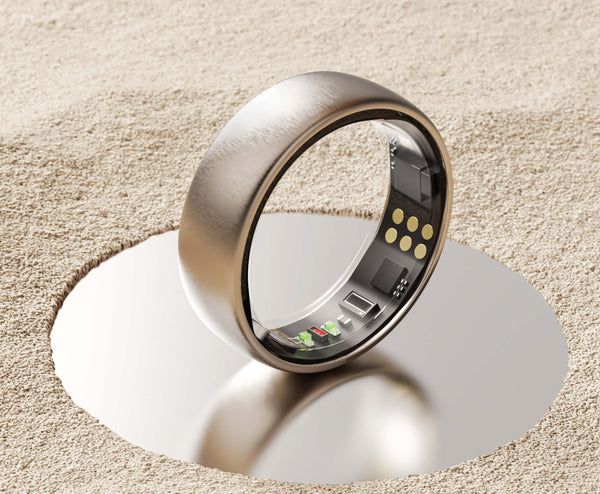Nova Smart Ring: From Launch to a Record-Breaking Success!
Within just three days of launch on Kickstarter, on July 20, we hit 100% of our funding goal! The...

We live in a world where technology blends into everything, sometimes so smoothly we barely notice. With devices like the Nova Smart Ring, we’re entering a new chapter where wearable tech doesn’t just collect data, it coaches you through your day with comfort, subtlety, and actual results.
Modern smart rings are built for seamless, all-day wear, quietly gathering health data without distractions. What makes them powerful is what they do with that data. AI-powered insights help turn sleep scores, heart rate patterns, and recovery signals into daily improvements.
That’s where smart rings really shine. The best sleep tracking rings use heart rate variability, movement, and temperature data to uncover patterns you might miss. The science behind sleep stages shows why this matters for feeling rested.
One Nova user adjusted their routine based on the ring's data and reported more energy and better emotional balance. The link between sleep and mental health is undeniable.
Smart rings are quickly becoming one of the best wellness tools for modern life. These rings pick up on early signs of stress through HRV tracking and recovery trends. Unlike smartwatches that flood you with alerts, smart rings offer calm, timely nudges that blend into your life instead of overwhelming it.
If you value ease, comfort, and subtle support throughout your day, the answer is probably yes. Find out if you're one of the user types who should wear a smart ring. Office professionals, students, wellness seekers, and athletes can all find value in the daily rhythm and cues a ring provides.
That’s exactly the goal. The best wearable for wellness is the one that fits your life without friction. Small actions suggested by the ring, over time, create a stronger foundation for long-term health, which can even make you more productive.
Smart rings are proving that wellness doesn’t need to be loud or complicated. They are more than health trackers; they’re part of a larger shift toward tech that feels natural, supportive, and invisible.